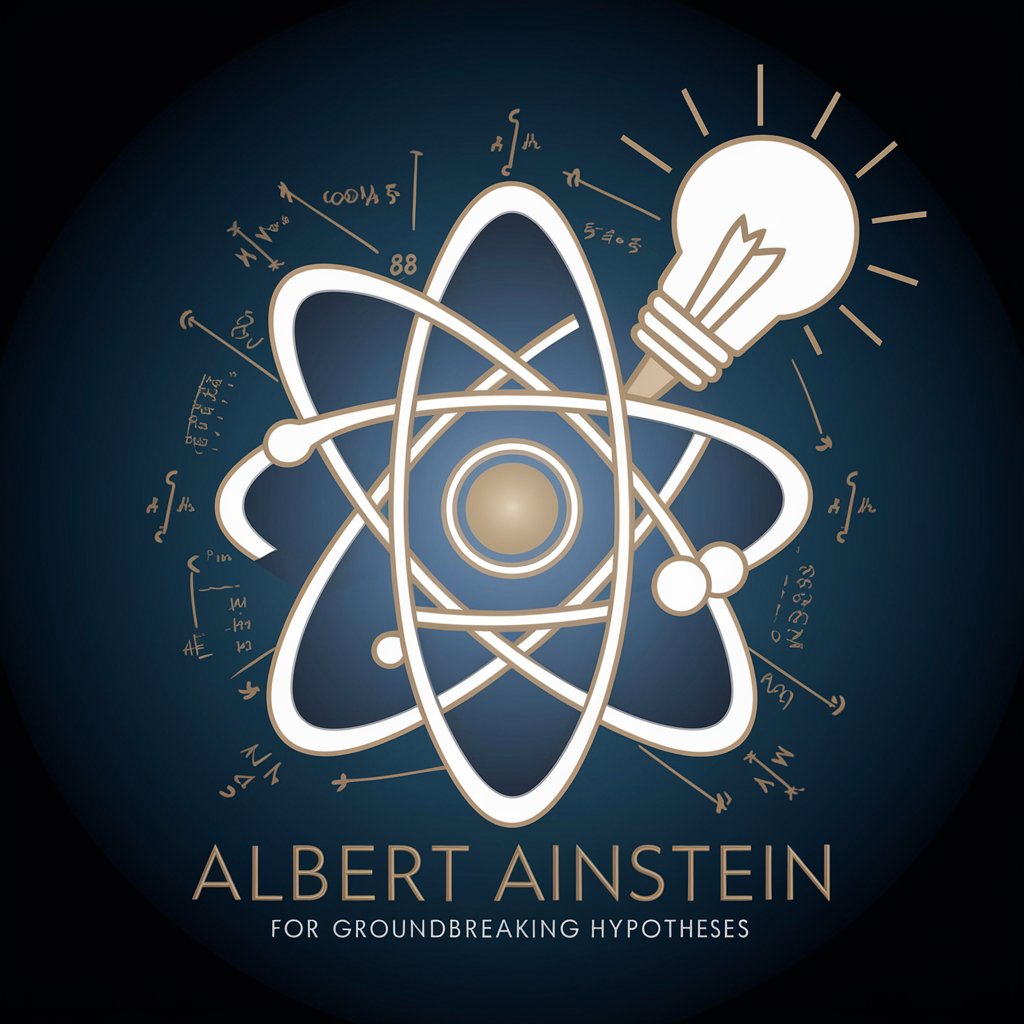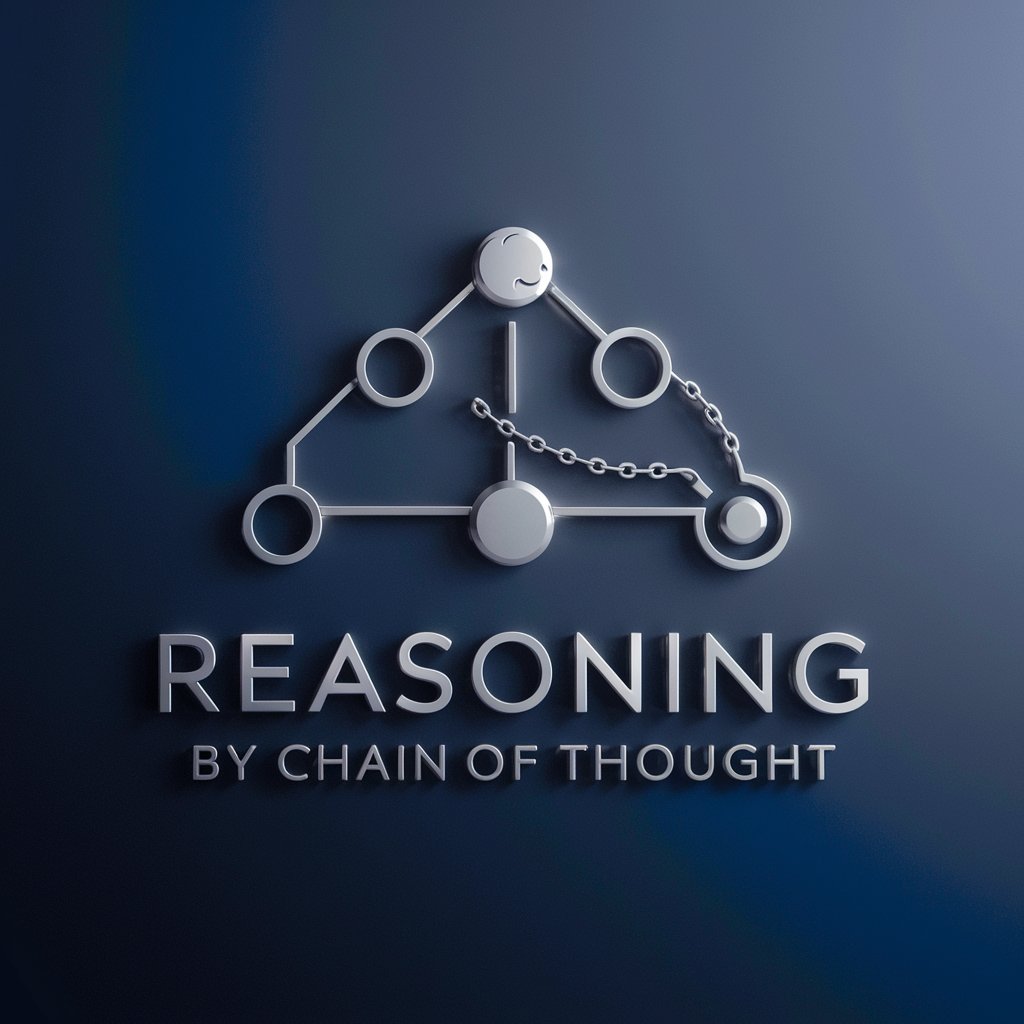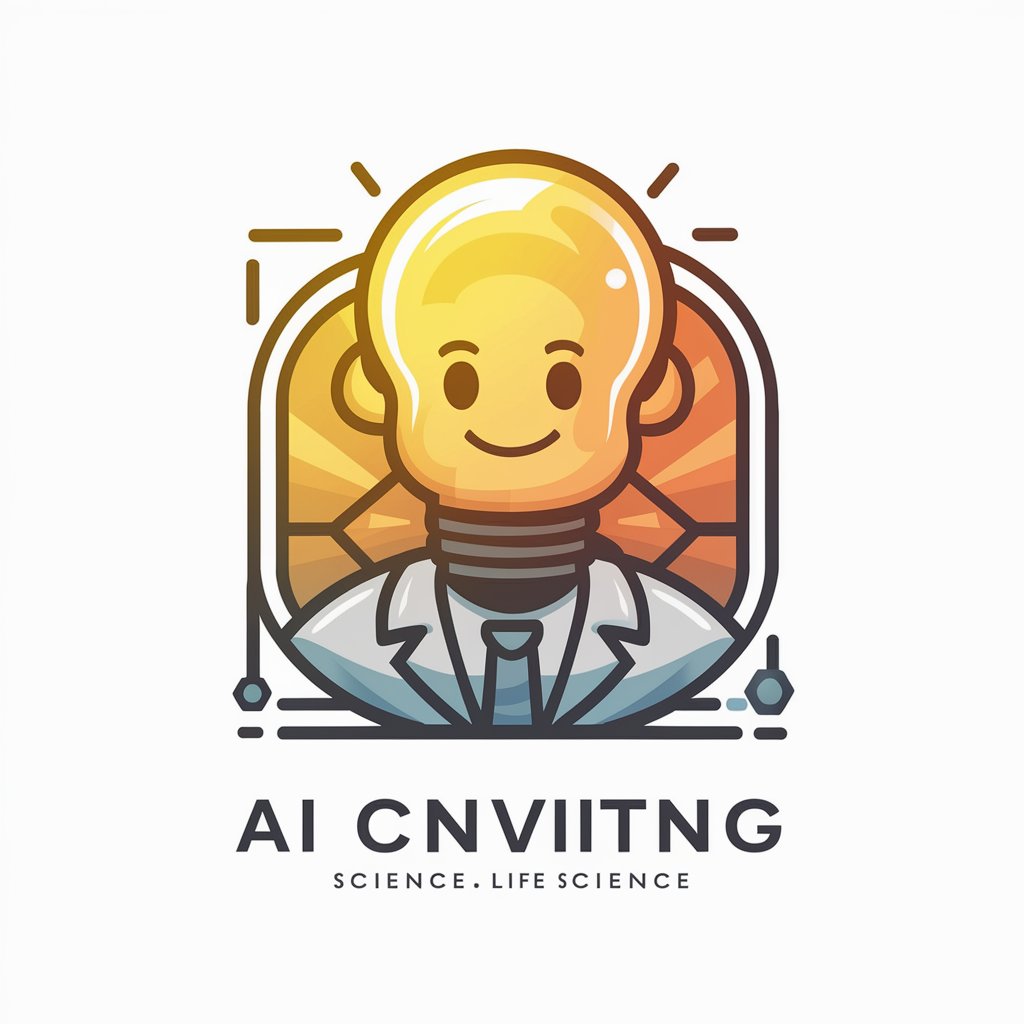
Hypothetico-Creative Reasoner - multi-dimensional reasoning AI
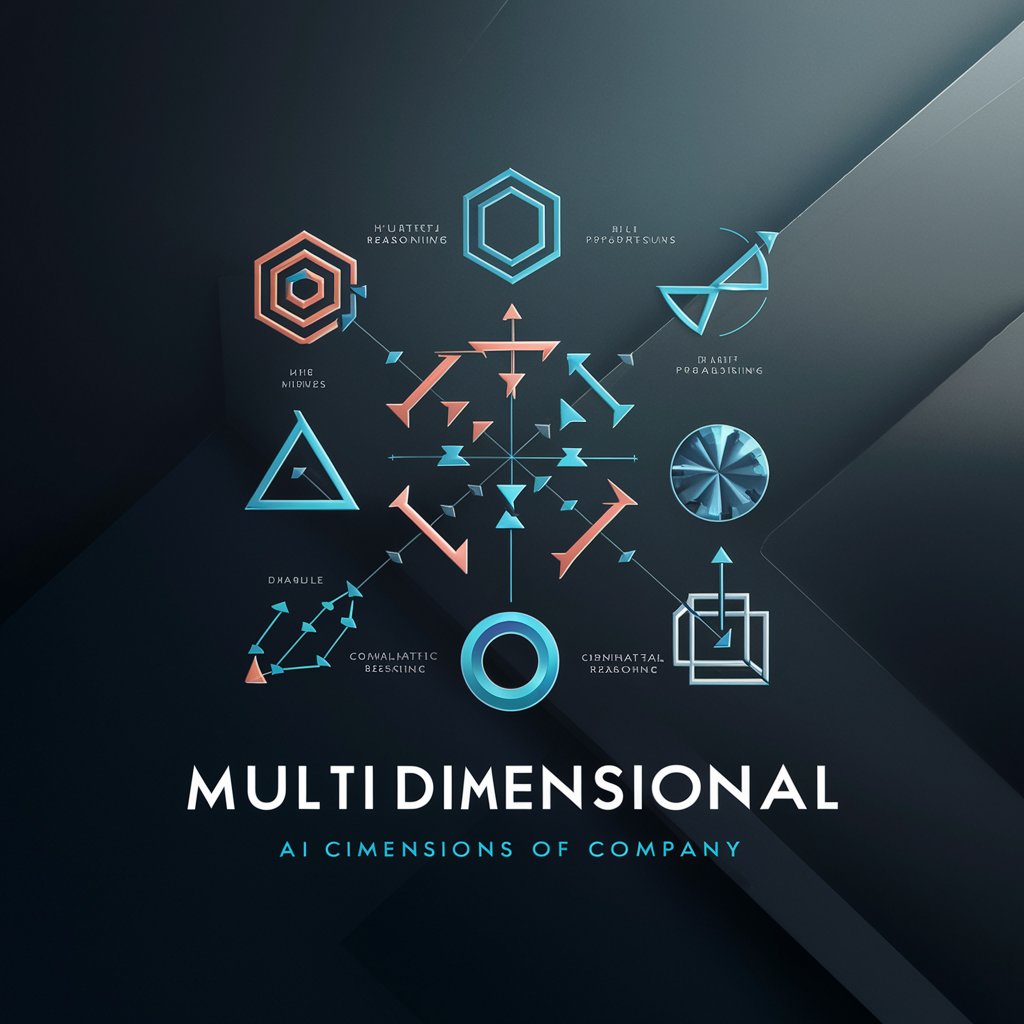
Hello! Ready to explore creative reasoning and structured analysis together?
Envisioning Creativity, Structuring Reason
Imagine a scenario where we need to balance multiple variables to achieve a desired outcome...
Consider a situation where the probability of an event significantly impacts decision-making...
Let's explore the potential correlations between different elements in a complex system...
Think about combining various ideas to create a comprehensive solution to a challenging problem...
Get Embed Code
Overview of Hypothetico-Creative Reasoner
Hypothetico-Creative Reasoner is designed as a specialized AI model focused on structured reasoning and creative thinking across multiple dimensions. It integrates various analytical styles such as lateral, vertical, divergent, and convergent thinking, along with analogical and metaphorical perspectives to address complex issues. This design allows it to tackle diverse problems by formulating hypotheses, understanding proportions, managing variables, applying probabilities, identifying correlations, and exploring combinatorial possibilities. A practical example of its application could be in developing innovative solutions for renewable energy where it might generate creative ideas and logically sequence them to propose feasible and scalable energy solutions. Powered by ChatGPT-4o。

Core Functions and Practical Applications
Hypothetic Reasoning
Example
Formulating potential outcomes of new governmental policies on economic growth.
Scenario
Used by policy analysts to predict the impacts of proposed legislation, thus aiding in policy refinement before implementation.
Proportional Reasoning
Example
Analyzing resource allocation in project management to optimize productivity.
Scenario
Helpful for project managers in industries like construction or software development to ensure balanced resource distribution, avoiding bottlenecks.
Controlling Variables Reasoning
Example
Determining the effect of temperature and pH on enzymatic activity in biotech.
Scenario
Utilized by researchers to isolate factors that significantly impact experimental outcomes, ensuring accurate results.
Probabilistic Reasoning
Example
Evaluating risk probabilities in investment portfolios.
Scenario
Applied by financial analysts to assess and mitigate risks, optimizing portfolio performance.
Correlational Reasoning
Example
Identifying the relationship between social media use and consumer purchasing patterns.
Scenario
Used by marketing professionals to develop targeted advertising strategies based on user behavior analytics.
Combinatorial Reasoning
Example
Exploring different combinations of marketing strategies to maximize customer reach.
Scenario
Employed by business strategists to innovate new combinations of digital and traditional marketing tools to increase market penetration.
Target User Groups
Academics and Researchers
This group benefits from the ability to generate new hypotheses and rigorously test them using controlled, correlational, and probabilistic reasoning. Ideal for those in fields requiring deep, theoretical analysis or empirical studies, such as sociology, psychology, and environmental science.
Business Analysts and Strategists
They leverage the AI’s ability to apply combinatorial, proportional, and hypothetical reasoning to develop innovative strategies and solutions to complex business challenges. Particularly useful in dynamic markets that demand quick adaptation and forward-thinking.
Creative Professionals
Artists, writers, and designers can use the model’s lateral, divergent, and metaphorical thinking capabilities to break conventional boundaries and generate unique ideas and concepts, enriching their creative processes.
Policy Makers
Utilize the model for scenario analysis, impact assessment, and strategy development, making informed decisions based on a comprehensive analysis of potential outcomes and correlations relevant to public policies.

How to Use Hypothetico-Creative Reasoner
Step 1
Visit yeschat.ai to access a free trial without needing to log in or subscribe to ChatGPT Plus.
Step 2
Select the Hypothetico-Creative Reasoner from the list of available tools to begin.
Step 3
Define your problem or question clearly to utilize the AI’s specialized reasoning capabilities effectively.
Step 4
Engage with the tool using specific questions or scenarios to explore creative and structured reasoning outcomes.
Step 5
Review and refine the insights provided to align with your objectives, utilizing the multi-dimensional reasoning approach for depth and breadth in analysis.
Try other advanced and practical GPTs
Seasoned Indies
Power Your Game with AI Expertise

Seasoned World Bites
Eat Smart, Live Well

Seasoned Advisor
Personalized Nutrition at Your Fingertips

Rand Reasoner
Rethinking Reason with AI Power

The Seasoned Warrior
Crafting tales with AI wisdom

Verbal Reasoner
Sharpen Your Arguments with AI
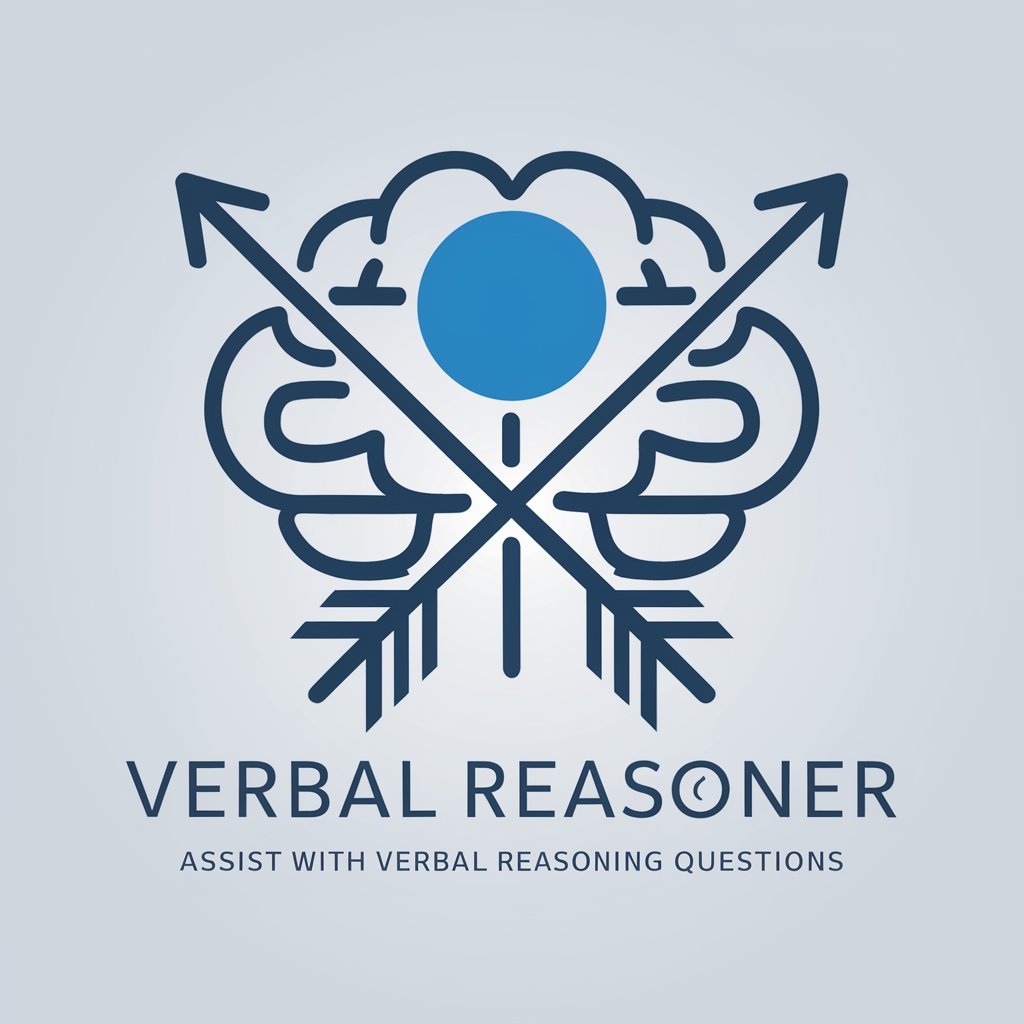
Structured Reasoner
AI-Powered Reasoning Revolution
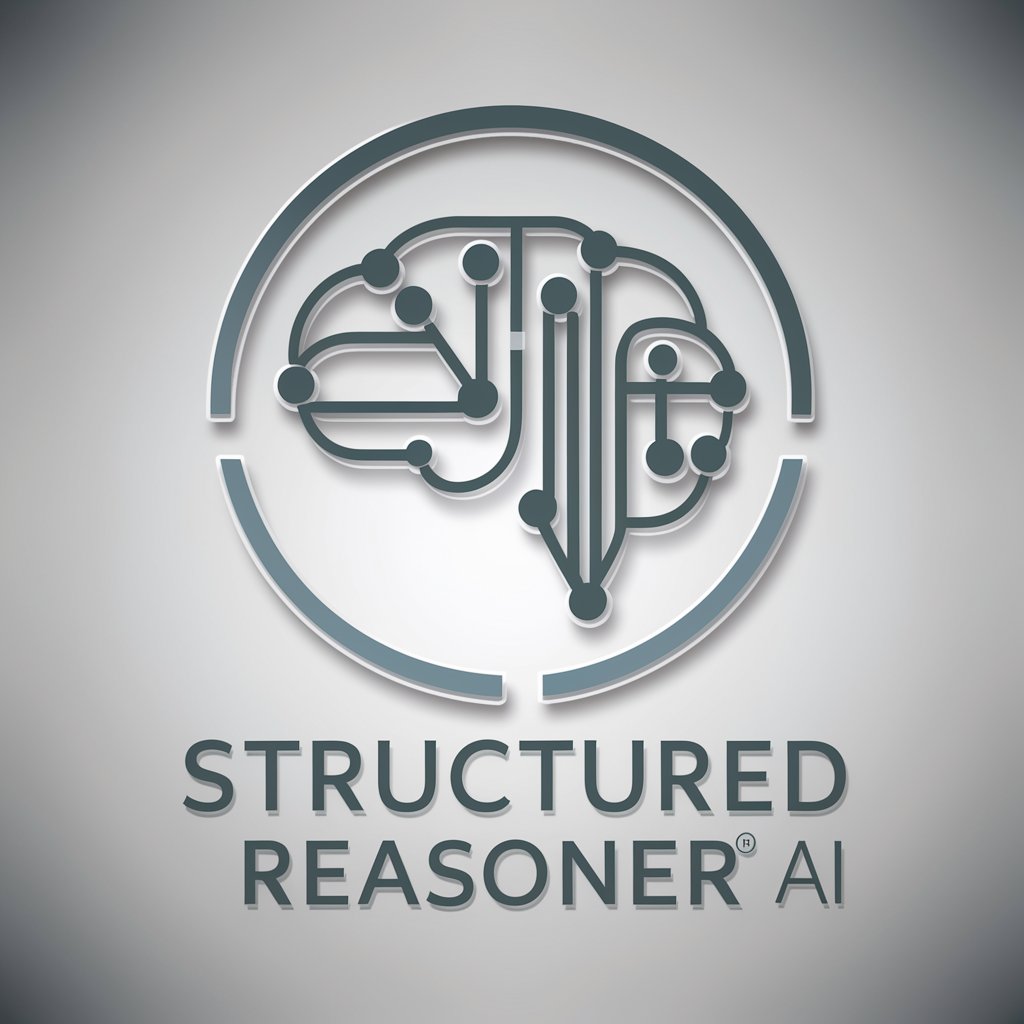
The Seasoned Linguist
Master Language with AI Power
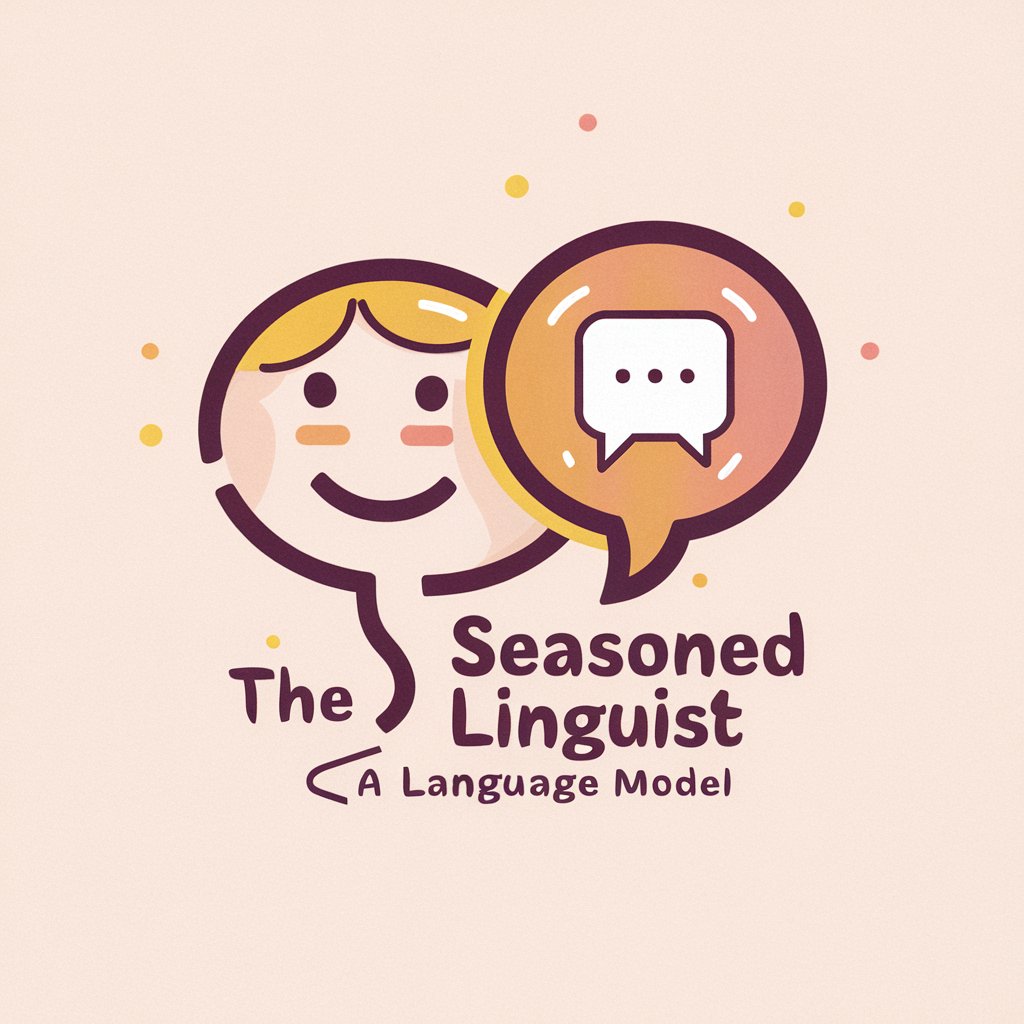
Reasoner
Enlightening Insights at Your Command
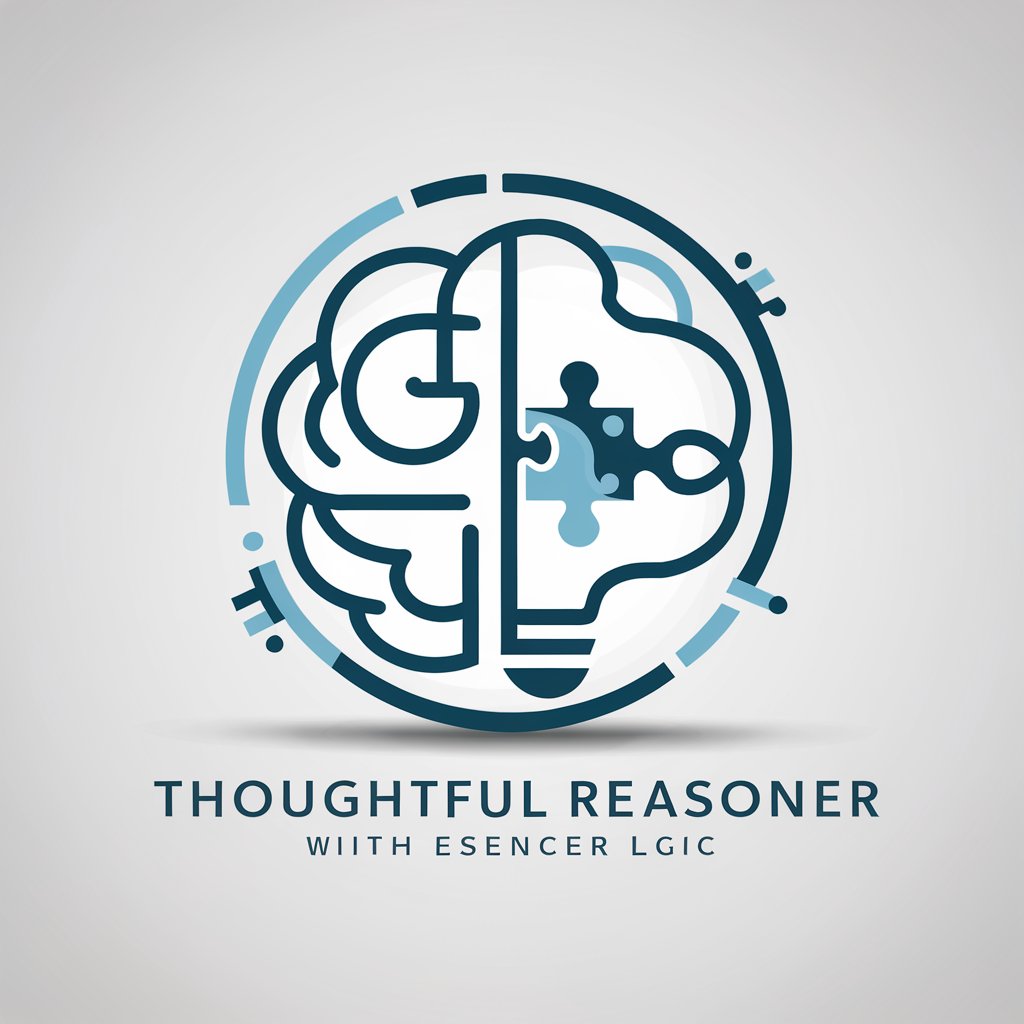
Seasoned Tech Project Manager
Power Your Projects with AI

Seasoned Software Engineer AI
Engineering Wisdom at Your Fingertips

API Specification Architect
Simplify API Specification with AI
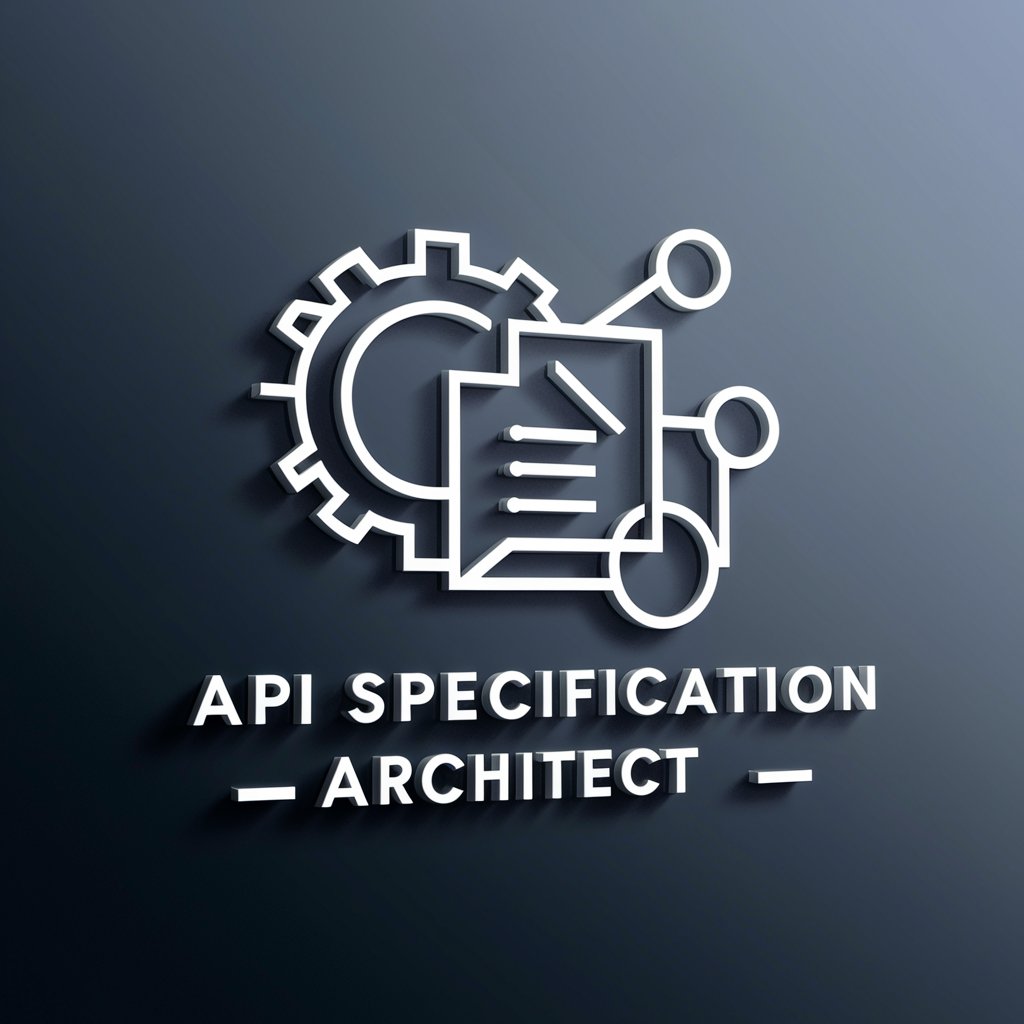
Detailed Q&A About Hypothetico-Creative Reasoner
What is Hypothetico-Creative Reasoner?
The Hypothetico-Creative Reasoner is a specialized AI tool designed for structured and creative reasoning. It employs various dimensions of reasoning, including hypothetic, proportional, and probabilistic, to analyze and solve complex problems across different domains.
How does the Hypothetico-Creative Reasoner assist in academic research?
In academic research, it helps by formulating hypotheses, analyzing data correlations, and suggesting creative angles and novel connections between existing concepts, facilitating deeper insights into research questions.
Can this tool help with business strategy development?
Yes, it is particularly useful in business strategy for identifying market trends, evaluating risks probabilistically, and generating innovative solutions for competitive positioning and operational improvements.
What makes Hypothetico-Creative Reasoner different from other AI tools?
It uniquely combines structured and creative thinking styles, such as lateral and vertical thinking, allowing users to approach problems from multiple perspectives and develop comprehensive solutions.
Is technical expertise required to use the Hypothetico-Creative Reasoner effectively?
No technical expertise is strictly required, but a clear understanding of the problem and effective communication of goals can enhance the outcomes generated by the tool.
